Marilyn Manson: ‘The Villain Is Always the Catalyst’
Our saga with the enigmatic icon Marilyn Manson continues with part three of our exclusive interview. We’ve posted our discussion with Manson about his upcoming album ‘Born Villain’ in both part one and part two of our introspective with the artist, and we continue into new territory with part three.
In this chapter, we ask Manson about how his appearance in the documentary film ‘Bowling for Columbine’ shifted the public’s perception of the artist and how the concept of the “villain” acts as the foundation for Manson’s latest transformation.
Manson has served his time as the media’s sacrificial lamb following some of America’s most publicized tragedies. Those looking for quick and easy answers to the complexities of the teenage minds behind events such as the Columbine school shootings, immediately labeled Manson as the villain — much like Judas Priest, Twisted Sister and Ozzy Osbourne in the past.
We spoke with Manson about the issue, his thoughts on ‘Bowling for Columbine’ itself, his adaptation of the “villain” concept and much more. Loudwire presents part three of our intimate discussion with Marilyn Manson below:
When you appeared in ‘Bowling for Columbine,’ it felt like some kind of a catalyst for the way that you were to be perceived by the public. Suddenly the thing to say about Marilyn Manson was that you were a smart and thoughtful person. Do you see any parallels between that sort of automated mindset and the mindset of those who so quickly pointed the finger at you after events such as Columbine?
Well, it goes to show you how … I’ve said it before — people don’t know what I was going through that day that I did that interview, because that interview was about two-and-a-half hours long and it was before I walked into a stadium after so many death threats that I had 30 or so undercover cops guarding me. I knew walking into that stadium — everyone I knew told me not to do it, and I had to do it. If you can’t live without what you do, then you have to be willing to die for it. I don’t want to f—ing die, but I had to do it.
That’s what was on my mind when I did that interview. I don’t necessarily like the movie, and it’s funny because I did a cameo on ‘Lost Highway’ for example — it’s my favorite David Lynch movie. I’m not that egotistical, but I do agree with you that ‘Bowling for Columbine,’ that one thing that I said, did create a window — a catalyst that opened up a whole new way of people looking at me. After that I had ‘The Golden Age of Grotesque’ and I had my ability and my confidence to say — and I think it was one of my most creative periods until now — [that] instead of being destroyed by all of it, it made me stronger. People like something in the face of adversity, something that is man against nature or whatever it might be.
I didn’t do anything wrong. My biggest question has always been, “People think my music makes people kill other people? Why aren’t they worried about what the f— I’m going to do?” [Laughs] I’ve had 36 school shooting blamings under my belt … and my dick under my belt, also. [Laughs] I didn’t do it. If I knew the people personally, I’d feel sad, but I’m not going to take it personally. What I’m going to take is the fact that life is all about change, and the villain is always the catalyst, the villain is always the person who creates something different in the story. I don’t mean “villain” in the sense that people might define it as the “bad guy,” I’m not saying the “bad guy.”
When I say the villain, I mean in the traditional sense like in Macbeth, like in anything else. The hero doesn’t do anything in any story and I didn’t have to go to school to learn this, it was me being a fan of literature and film. The hero doesn’t do anything different. The hero always stays the same, there’s no character arc, he’s always the hero. The villain is the person who has the chance to change something. They might break the rules, but that’s the thing, sometimes if you don’t f—ing break the rules, you’re not going to save anything, you’re not going to change anything.
If someone threatens what I love or what I care about, which they’ve done in the past. I’ve had everything taken from me, and now I feel like I’m the same position as in the beginning, where I’m not going to be ignorant and stubborn, which I am often, and someone threatening my family or things I care about — my girl, my cats, my life. Sometimes the male instinct is to do something stupid, but I would kill somebody if I had to, but then at the same time wouldn’t protect them (his loved ones) because I’d be in prison or dead, so that’s not smart. I need to be an outlaw, I need to be a villain, I need to be the person that you don’t want to f— with so people don’t f— with what I do. That’s what I started out being and when I for some reason had a hesitation because I was essentially crushed by a lot of different things. I started to lose my identity and anybody can relate to that. If you lose who you are, what do you have?
More From 96.3 The Blaze










